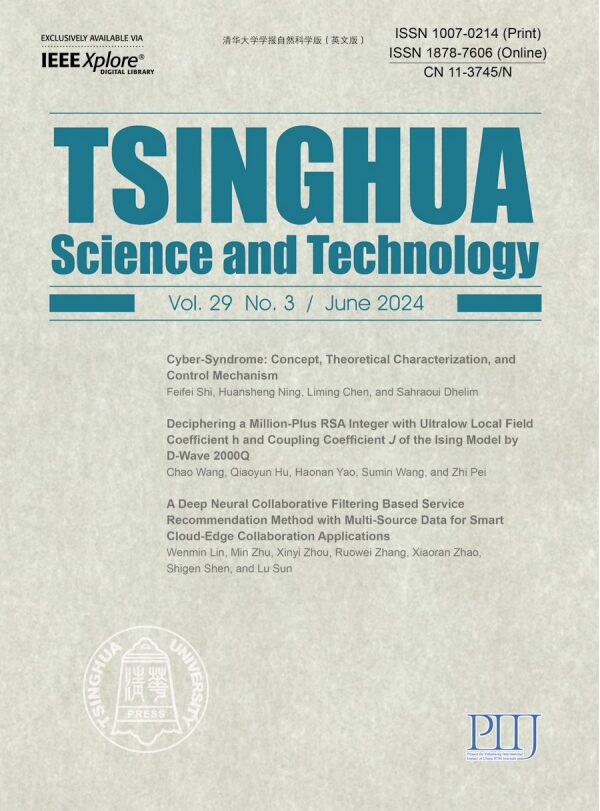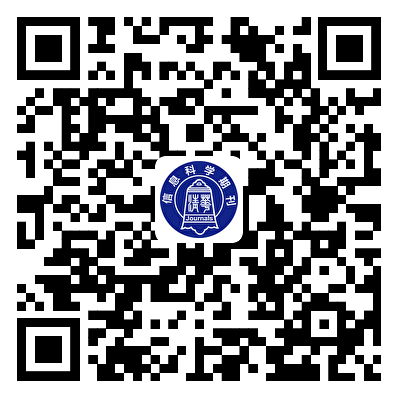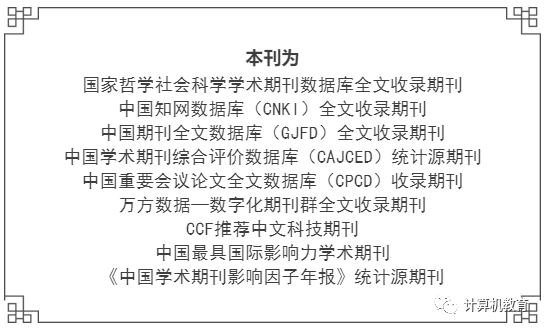
With the rapid development of mobile communication technology and intelligent applications, the number of mobile devices and network data traffic has grown exponentially, placing a huge burden on the network and posing significant challenges in meeting user demands. Edge caching technology utilizes edge nodes to bring computing and storage resources closer to users, providing an effective solution to alleviate network load and enhance user experience.
This article systematically and comprehensively reviews the key applications of edge computing—specifically the key issues and challenges of edge caching technology. First, it provides an overview of edge caching, summarizing the three key issues regarding edge caching—where to cache (WHERE), what to cache (WHAT), and how to cache (HOW), and introduces several important caching metrics. Next, this article elaborates on these three issues in detail, which correspond to caching location, caching objects, and caching strategies. Notably, regarding the question of “what to cache,” this article innovatively interprets it as a classification problem of “cached objects,” further subdivided into content caching, data caching, and service caching. Finally, this article discusses several urgent problems and challenges of edge caching to inspire future research in this field.
Li Hanwen, a 2020 undergraduate student at the School of Computer Science, Nanjing University of Information Science and Technology. His research direction includes: deep learning, edge computing. He has been recommended for admission to the Graduate School of Computer Science, Nankai University to pursue a master’s degree, with future research directions in: machine learning, computer vision.
Sun Mingtao, a lecturer at Weifang University of Science and Technology. His research direction includes: computer theory, animation production.
Xia Fan, a 2020 undergraduate student at the Reading College, Nanjing University of Information Science and Technology. His research direction includes: edge computing, knowledge graphs, deep learning.
Xu Xiaolong, a professor at the School of Software, Nanjing University of Information Science and Technology, doctoral supervisor, head of the Service Computing and Intelligent Applications Innovation Team, IEEE Senior Member, CCF Senior Member. His main research directions include: edge computing, service computing, big data, etc.
Muhammad Bilal, a senior lecturer at Lancaster University. His main research directions include: network optimization, network security, Internet of Things, Vehicle-to-Everything, information-centric networks, digital twins, artificial intelligence, cloud/fog computing, etc.
Li H, Sun M, Xia F, et al. A Survey of Edge Caching: Key Issues and Challenges. Tsinghua Science and Technology, 2024, 29(3): 818-842. https://doi.org/10.26599/TST.2023.9010051.

Scan the QR code or click the lower left corner “Read the full text” to access the full text
(End)
More Exciting Content:
Boao Releases Strong Voice for Education | CIE2023 5th China IT Education Boao Forum and 20th Anniversary Conference of Computer Education Magazine Concluded Successfully
Academician Chen Guoliang | Cultural Construction of Virtual Teaching and Research Room for Computer Curriculum Ideology
Professor Chen Daoxu from Nanjing University | Change and Constancy: The Dialectics in the Learning Process
Yan Shi | Thoughts and Suggestions on the “Dilemma” of Young Teachers in Colleges and Universities
Xu Xiaofei et al. | Metaverse Education and Its Service Ecosystem
【Directory】 Computer Education 2023 Issue 10
【Directory】 Computer Education 2023 Issue 9
【Directory】 Computer Education 2023 Issue 8
【Editorial Board Message】 Professor Li Xiaoming from Peking University: Reflections from the “Year of Classroom Teaching Improvement”…
Professor Chen Daoxu from Nanjing University: Which is more important, teaching students to ask questions or teaching students to answer questions?
【Yan Shi Series】: Trends in Computer Discipline Development and Their Impact on Computer Education
Professor Li Xiaoming from Peking University: From Fun Mathematics to Fun Algorithms to Fun Programming—A Path for Non-Specialist Learners to Experience Computational Thinking?
Several Issues on Building a First-Class Computer Discipline
New Engineering and Big Data Major Construction
Learning from Others—Compilation of Research Articles on Computer Education at Home and Abroad

